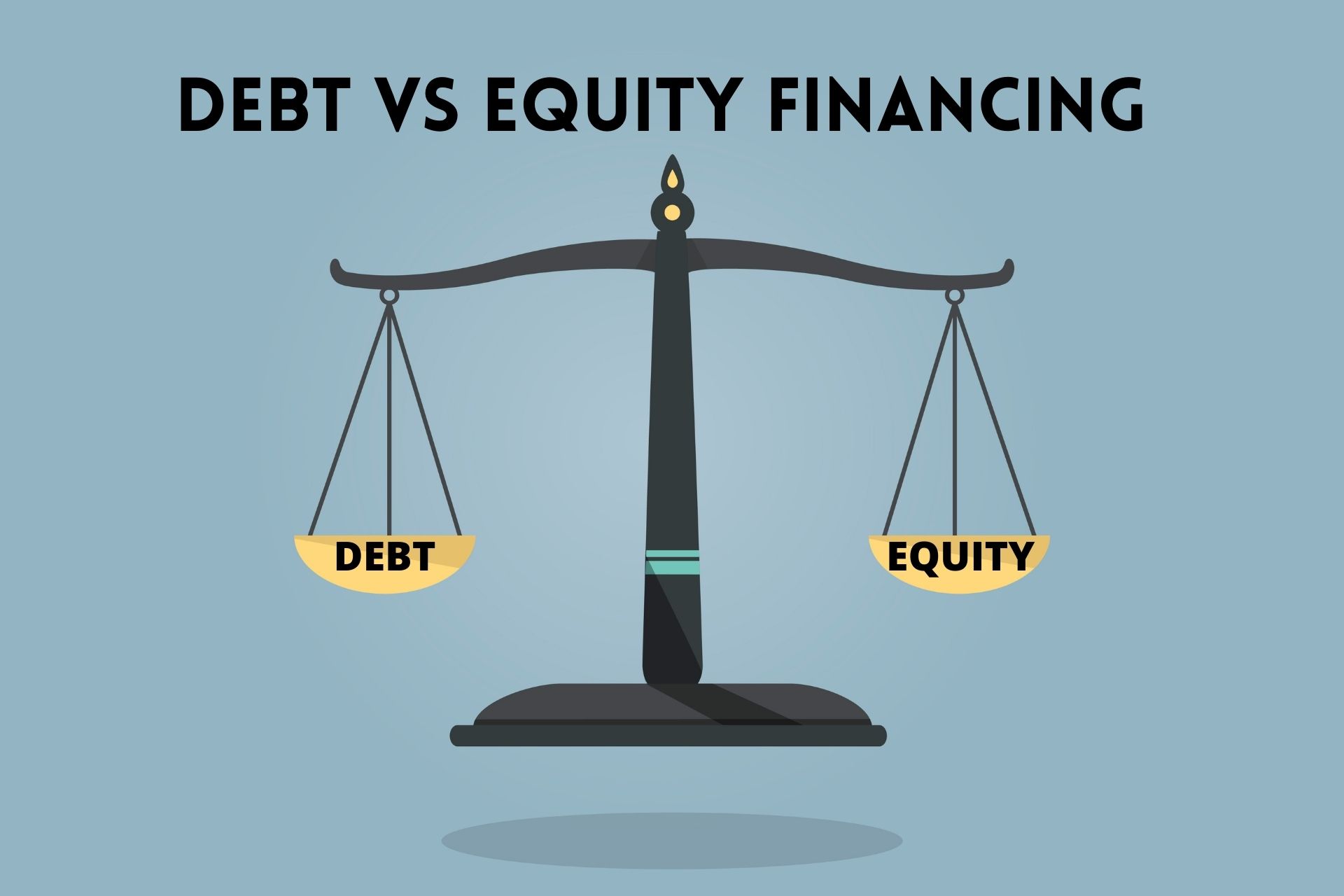Home>Finance>What Is The Legal Amount In California That You Can Charge For A Late Fee


Finance
What Is The Legal Amount In California That You Can Charge For A Late Fee
Published: February 22, 2024
Learn about the legal limit for late fees in California and ensure compliance with finance regulations. Understand the maximum amount you can charge to avoid penalties.
(Many of the links in this article redirect to a specific reviewed product. Your purchase of these products through affiliate links helps to generate commission for LiveWell, at no extra cost. Learn more)
Table of Contents
**
Introduction
**
Late fees are a common aspect of financial transactions, and they play a crucial role in encouraging timely payments. In the state of California, regulations govern the imposition of late fees to ensure that they are fair and reasonable. Understanding these regulations is essential for both businesses and consumers to navigate financial transactions effectively.
Late fees are charges imposed on individuals or businesses for failing to make a payment by the due date specified in a contract or agreement. These fees serve as a form of compensation for the inconvenience caused by the delayed payment. However, it is important to note that late fees must adhere to specific legal limits to prevent exploitation and ensure fairness in financial dealings.
In California, the legal amount that can be charged for a late fee is subject to stringent regulations, and it is vital for both creditors and debtors to be aware of these guidelines. By delving into the legal framework surrounding late fees in California, individuals and businesses can gain a comprehensive understanding of their rights and responsibilities in financial transactions. This article aims to elucidate the legal limits on late fees in California, explore any exceptions or special cases, and provide clarity on this essential aspect of financial management.
**
Understanding Late Fees in California
**
Late fees, as defined by California law, are charges imposed when a payment is not made by the agreed-upon due date. These fees are commonly associated with various financial transactions, including rent, loans, credit cards, and other contractual agreements. The purpose of late fees is to incentivize timely payments and compensate the creditor for the inconvenience caused by the delay.
It is important to note that late fees should not be punitive in nature; rather, they should reasonably reflect the actual damages incurred by the creditor due to the late payment. Understanding the rationale behind late fees is crucial for both creditors and debtors, as it provides clarity on the purpose and limitations of these charges.
For individuals and businesses engaged in financial transactions in California, comprehending the legal framework surrounding late fees is essential. This includes being aware of the maximum allowable late fee, the circumstances under which late fees can be imposed, and the requirements for disclosing late fee policies in contracts and agreements. By gaining a clear understanding of these aspects, stakeholders can ensure compliance with the law and mitigate any potential disputes related to late fees.
Moreover, understanding late fees in California involves recognizing the rights of debtors. Consumer protection laws in the state aim to prevent unfair or excessive late fees, thereby safeguarding individuals from being unduly burdened by unreasonable charges. By familiarizing themselves with these protections, consumers can advocate for their rights and seek recourse if they believe they have been subjected to unjust late fees.
Overall, a comprehensive understanding of late fees in California empowers both creditors and debtors to engage in fair and transparent financial transactions. By adhering to legal guidelines and upholding the principles of reasonableness and fairness, stakeholders can navigate late fees with confidence and integrity.
**
Legal Limits on Late Fees in California
**
California law establishes specific legal limits on the amount that can be charged for late fees in various financial transactions. These limits are designed to prevent the imposition of excessive or unfair charges on debtors while allowing creditors to recover reasonable compensation for delayed payments. Understanding these legal limits is crucial for businesses and individuals engaged in financial agreements and contracts within the state.
One key aspect of the legal limits on late fees in California is the requirement for clarity and transparency in contracts and agreements. Creditors must explicitly outline their late fee policies, including the amount of the fee and the conditions under which it will be imposed. This transparency enables debtors to make informed decisions and understand their financial obligations, thereby fostering fair and equitable transactions.
Under California law, the legal amount that can be charged for a late fee is subject to restrictions based on the type of transaction. For residential rent, for example, late fees are governed by Civil Code Section 1671, which limits the amount that landlords can charge as a late fee. Similarly, for consumer loans and credit transactions, the California Financing Law imposes constraints on the maximum allowable late fees, aiming to protect borrowers from unreasonable financial burdens.
It is important to note that while legal limits exist, creditors and debtors can mutually agree to different late fee amounts as long as they are within the bounds of the law. However, any late fee that exceeds the legal limit prescribed by California statutes may be deemed unenforceable, highlighting the significance of adhering to the established constraints.
By understanding and complying with the legal limits on late fees in California, businesses and individuals can foster trust and accountability in their financial dealings. Moreover, adherence to these limits ensures that late fees are fair, reasonable, and reflective of the actual damages incurred by the creditor due to delayed payments, promoting a balanced and ethical approach to financial transactions.
**
Exceptions and Special Cases
**
While California law establishes legal limits on late fees in various financial transactions, there are exceptions and special cases that warrant consideration. Understanding these exceptions is essential for navigating the complexities of late fee regulations and ensuring compliance with the law.
One notable exception pertains to certain types of loans and credit transactions. For example, under the California Financing Law, certain provisions may apply to loans of a specific nature or size, potentially impacting the legal limits on late fees. Additionally, the state’s regulations regarding late fees in commercial transactions may differ from those governing consumer transactions, necessitating a nuanced understanding of the applicable laws based on the nature of the financial arrangement.
Moreover, exceptions may arise in the context of landlord-tenant relationships, particularly in the realm of residential rent. While California law imposes legal limits on late fees for residential rent, there are scenarios in which landlords and tenants may negotiate alternative arrangements, provided that such agreements comply with statutory requirements and do not contravene tenant protection laws.
Special cases also arise in the context of consumer protection laws, where certain vulnerable populations, such as elderly or low-income individuals, may benefit from additional safeguards against excessive late fees. Understanding the nuanced provisions that cater to these special cases is crucial for upholding the rights of vulnerable consumers and ensuring equitable treatment in financial transactions.
Furthermore, businesses operating in California must be cognizant of industry-specific regulations that may impact the imposition of late fees. For instance, financial institutions and lenders may be subject to distinct guidelines governing late fees, necessitating a comprehensive understanding of the regulatory landscape within their respective sectors.
By acknowledging these exceptions and special cases, stakeholders can navigate late fee regulations in California with precision and integrity. This nuanced understanding enables businesses and individuals to tailor their financial practices in accordance with the law, fostering transparency, fairness, and compliance across diverse financial transactions.
**
Conclusion
**
Understanding the legal limits on late fees in California is paramount for both creditors and debtors engaged in a wide array of financial transactions. By delving into the intricacies of late fee regulations, stakeholders can foster transparency, fairness, and compliance, thereby promoting ethical and equitable financial practices.
California’s legal framework surrounding late fees serves as a safeguard against excessive charges while allowing creditors to recover reasonable compensation for delayed payments. The requirement for clarity and transparency in contracts and agreements empowers debtors to make informed decisions and comprehend their financial obligations, laying the foundation for fair and balanced transactions.
Moreover, while legal limits exist, it is essential for businesses and individuals to recognize the exceptions and special cases that may impact the imposition of late fees in specific contexts. By acknowledging these nuances, stakeholders can navigate the diverse landscape of late fee regulations with precision and integrity, ensuring compliance with the law across a spectrum of financial arrangements.
Ultimately, a comprehensive understanding of late fees in California empowers stakeholders to engage in financial transactions with confidence and accountability. By upholding the principles of reasonableness, fairness, and adherence to legal constraints, businesses and individuals can cultivate trust and integrity in their financial dealings, contributing to a robust and ethical financial ecosystem within the state.
In conclusion, the legal limits on late fees in California are designed to uphold the rights of both creditors and debtors, fostering a balanced and transparent approach to financial transactions. By embracing these regulations, stakeholders can navigate late fees with clarity and integrity, thereby contributing to a fair and equitable financial landscape in the state of California.














